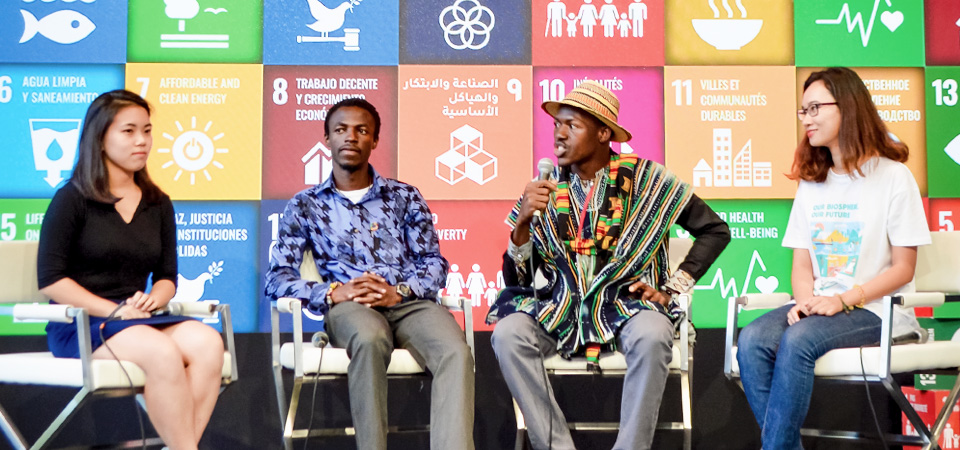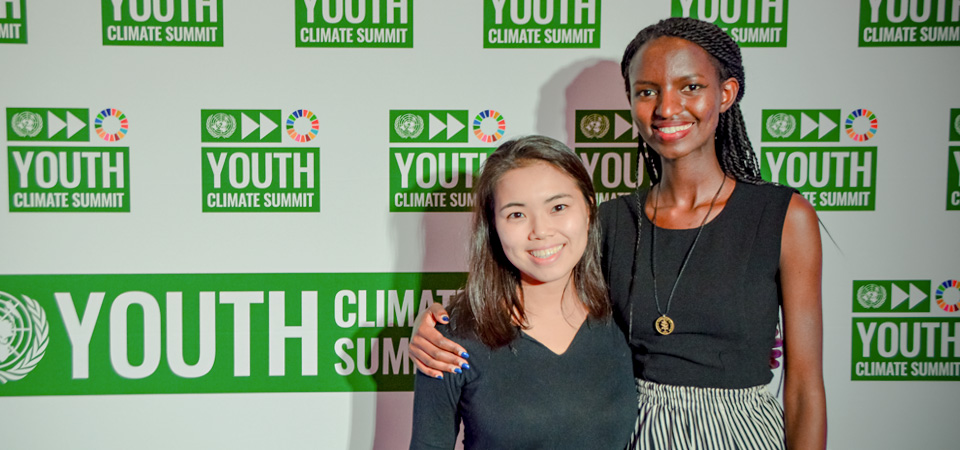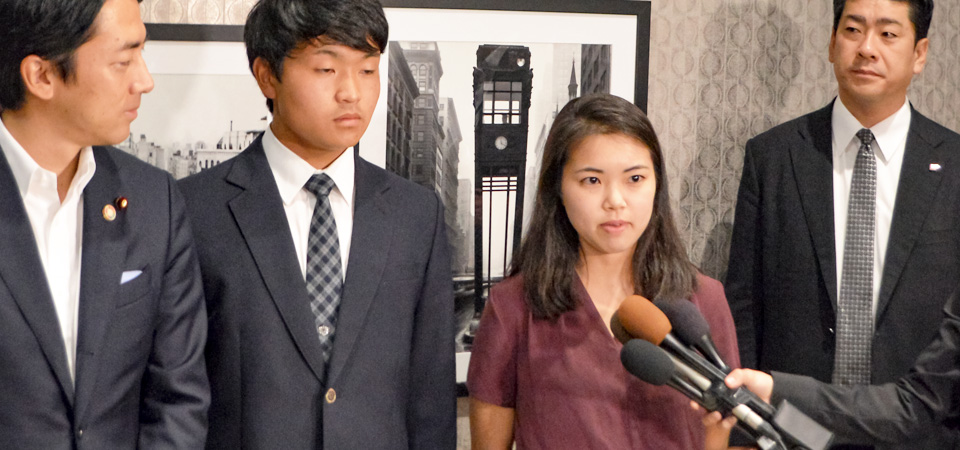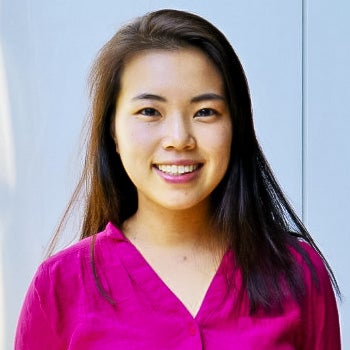Mayumi’s Blog
Young people must take the lead to ensure climate change action is just and equitable
Date: Wednesday, October 9, 2019
Author: Mayumi Sato

I was fortunate to be among the 100 young leaders who were sponsored to attend the first United Nations Youth Climate Summit along with the United Nations Climate Action Summit and the United Nations General Assembly in New York from 20 to 23 September. I and many young women from the Asia-Pacific watched Greta Thunberg of Sweden and other young activists open the summit by encouraging young people to take action.
But Greta is not alone in her efforts. I met change-makers, including local activists and budding politicians, who are working towards justice in climate change action worldwide, and in particular, are drawing the link between gender and climate change. I learned of initiatives on feminist leadership in climate action, such as Care About Climate and Engajamundo in Brazil. It was clear that young leaders hold strong convictions and promising potential in efforts to mitigate the risks that women and girls face from the climate crisis.

In a discussion on gender-responsive climate action, I heard many activists talk about the common challenges they face, such as lack of funding, organizational support and buy-in on the importance of such an approach. Others spoke about the challenges and need to include women in local and higher-level discussions as the world’s energy industries transition to cleaner methods; women’s representation in this sector has been traditionally low.
However, these discussions did not end on a negative note.
Many of the speakers reaffirmed national commitments and investments in gender-responsive climate action. During the Climate Action Summit, governments pledged to implement gender-responsive plans and policies (so far, 45 countries have signed on). This international commitment underscores how important it is for women to take a leading role if we are to resolve the most pressing issue of our time.

I also met with officials of Japan’s Ministry of Environment, including the newly appointed Minister, Shinjiro Koizumi. I suggested that the Ministry consider initiatives such as forming a gender working group and helping our vulnerable ageing population cope with increasingly frequent flooding and heat waves.
Meeting other young activists, innovators, entrepreneurs and change-makers strengthened my conviction that we can achieve sustainable and just climate change action only if we work beyond our geographical borders and learn from each other’s experiences.
We are not only talking about men and women when we talk about gender. Today we are talking about the different ethnic, socioeconomic, religious and geographic groups who have been historically marginalized and who are still denied their rights. They will become increasingly vulnerable to the climate crisis. It is our responsibility as the younger generation to ensure that these systems of marginalization and oppression are not perpetuated. We can lead the international campaign for justice in climate action.

Mayumi Sato, 25, is originally from Japan but grew up in various places around the world. She was formerly a Research Associate at the Center for People and Forests, based in Bangkok, Thailand. The center promotes social inclusion and gender equity in forest landscapes in Southeast Asia and Nepal. Having just completed her stint as a Princeton in Asia Fellow, she has worked for the rights of migrant workers, indigenous people and women in the Asia-Pacific. She believes solidarity building, reflection and cross-cultural understanding are critical to addressing society’s most pressing issues.
Mayumi’s Social Media Accounts:
Twitter: https://twitter.com/mayumis_21
Instagram: https://www.instagram.com/mayumisuzuki51
LinkedIn: https://www.linkedin.com/in/mayumi-s-aa5a9311b